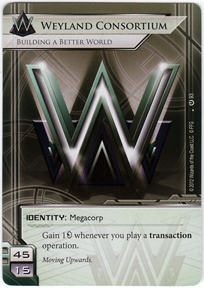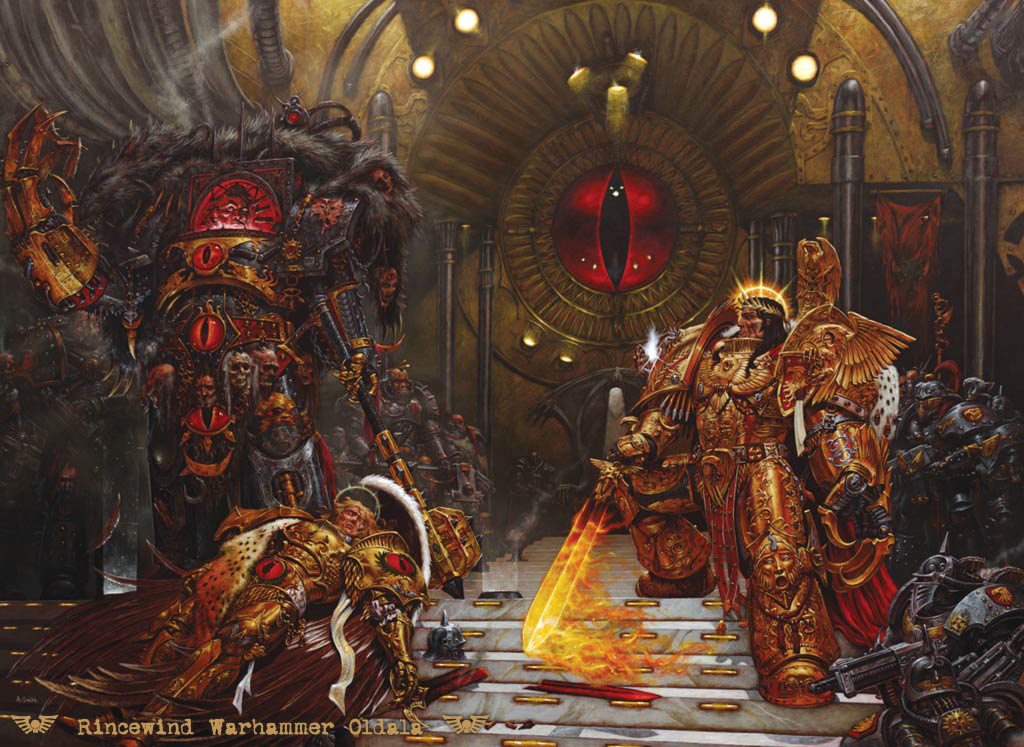 |
| The game that started it all |
It was in this era that I bought my 1st two stand-alone
GW games, Space Hulk and Blood Bowl. These games still represent to me what GW
can do when it gets things right. The other game I got into was Space Marine 1st
edition.
This game was 6mm epic scale battles between armies of
Marines, set in the 30th millennium, during what was to become known
as the Horus Heresy. I loved the civil war concept and the fact all players had
the same list to choose from, it was pretty much Space Marines & Land raiders,
not much else. But it was the setting that intrigued me.
I've always preferred 30k to 40k. I guess the theme of "brother vs brother in an age of heresy" does more for me than "
The core story
 |
| Get to know your Primarchs |
Some wacky misadventure in time & space caused the
Primarchs to be stolen away from their growing chambers while still infants and
scattered across the galaxy. While conquering said galaxy the Emperor finds all
his lost lads and reunites them with their legions. Good times are had until
the Emperor appoints his favourite Primarch (Horus) to the title of Warmaster
and puts him in charge of everyone else.
Horus goes nuts, declares war on the Emperor, kills a bunch
of loyal Space Marines and the galaxy divides into two camps to fight a civil war.
Horus looks like he will win, attacks Terra, cripples the Emperor who then
promptly kills Horus. The Emperor is left mangled and the entire human domain pretty
much becomes a steaming pile of crap from here on in.
These events describe why the 40k world is such a bleak
grimdark future.
What the story really is (according to me)
 |
| Lucifer cast down |
This of course makes the Primarchs the Arch-Angels. The
Arch-Angels have normally been portrayed as exceedingly more powerful and influential
than any individual angel. Archangel Gabriel, for example, heralds the birth of
Jesus and recounts the Qu'ran to Mohammad while Archangel Michael is meant to
have broken Lucifer’s back and cast him down from heaven.
Lucifer, according to Christian mythology (The war in heaven
is briefly mentioned in the bible in revelations 12:7 but most “fact” about
this comes from other sources) was the best and brightest of the angels.
Various versions of the story revolve around one core concept, that Lucifer’s
pride caused him to rebel against the throne of god, and that he and his allies
(fully a 3rd of the host of heaven) were defeated and cast into
hell.
Horus is Lucifer, the best and the brightest of the
Primarchs. He, through various actions, opens himself to temptation, in this
case the forces of Chaos. Through his power of persuasion he brings fully half
the host of heaven (the Imperial military) under his sway and begins to assault
the throne (Terra). Finally, the defeated hordes of Chaos are cast down and
exiled to hell. In the 40k world, we call that “the eye of terror”.
 |
| Metatron is out of fucks |
Each of the fallen Primarchs also embodies a Christian mortal
sin that leads to their demise. Fulgrim is full of pride as he strives towards
perfection. Magnus is also undone by pride, in his case believing he can master
dark arts and dark forces better than the Emperor. Konrad Kruze and Angron fall
victims to their own rage and hatred. Peterabo and Mortarion are undone by jealousy of their brothers. Lorgars fall is triggered when he love for
the Emperor is spurned, driving him in to the arms of Chaos. Finally, Alpharius
is tricked into falling through his own suspicions and isolation.
Why this makes the story cool!
Each Primarch and each Legions fall is told in such a way to
highlight their mortal fragility and the human nature of their sin. The battles
might be epic in scale, but the tragedy is frequently presented in very human
ways.
The story is epic, it spans hundreds of years, has a cast of
thousands battling across thousands of worlds. But it is the mix of epic scale and
real humanity that makes the Horus Heresy a lot better than it could have been.
It could have been dull as shit: “I get magic sword, it makes me angry, I fall,
SMASH EMPEROR! CHAOS GOOD!” fiction. The writers, for the most part, avoid this
obvious but easy pitfall and attempt to write real people. This is a very good
thing.
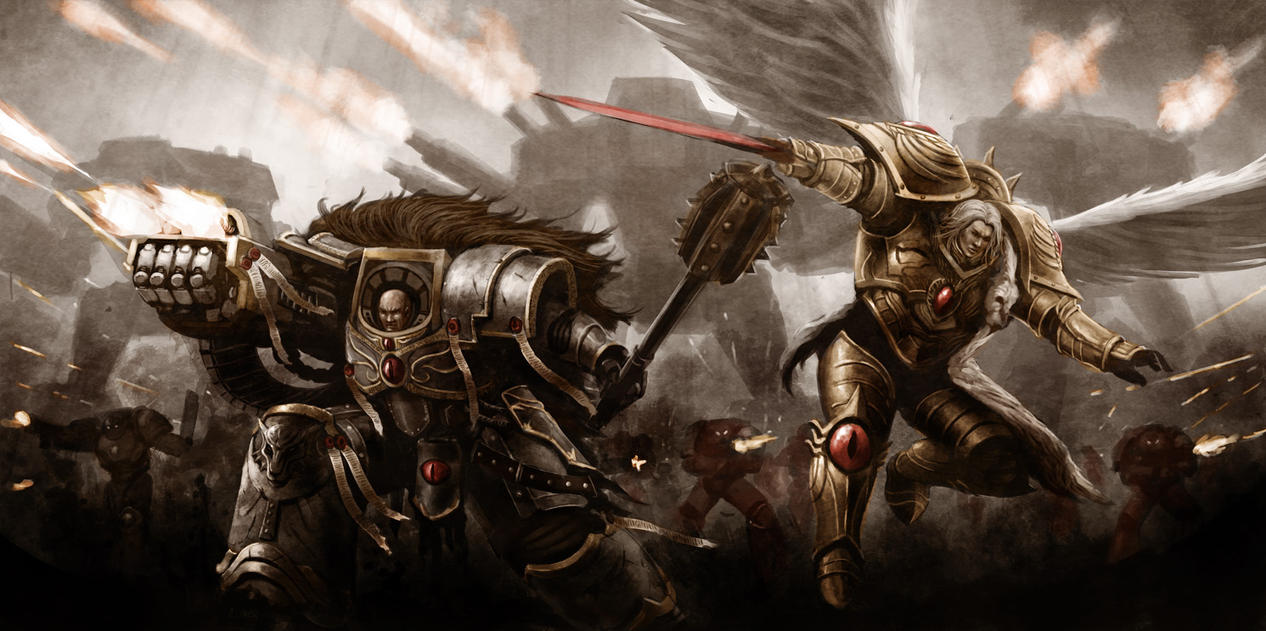 |
| Horus and Sanguinius pre-heresy |
So far, it's 20+ books, each with a different perspective and
story, all building into a massive narrative. Yes, we know how it all ends, but
that’s not the point. The journey is far more interesting than the destination
in this case.
My reviews, what to expect
I plan to recap and review each book. I don’t want to do the
traditional “I give this 7 oblongs out of 10” style review. I want to look at
how the writers, as a team, build the world. How they build characters and make
you feel for characters that are essentially immortal 10 foot tall giant
wearing power armour with retarded names like ROBUTE! I want to explore the
failings and successes of each story and how each book is an individual brush
stroke in the Horus Heresy painting.
These reviews will not be for people who haven’t read the
books as I will talk about all the key “big stuff” that happens. Why they are
important and what implications they have on the series.
At its best, the Horus Heresy series is A Game of Thrones in
space ... at its low points it's freaking Commando comics in space. The series
benefits and suffers from its “panel writing” approach. Some writers are gold,
Aaron Dembski-Bowden and Dan Abnett stand as giants in this writing team, but
they get sorely let down by the team at times.
So, join me as I embark on this process of examining the
heresy. Join in with comments and critique. Let’s discuss the crap out of these
books.


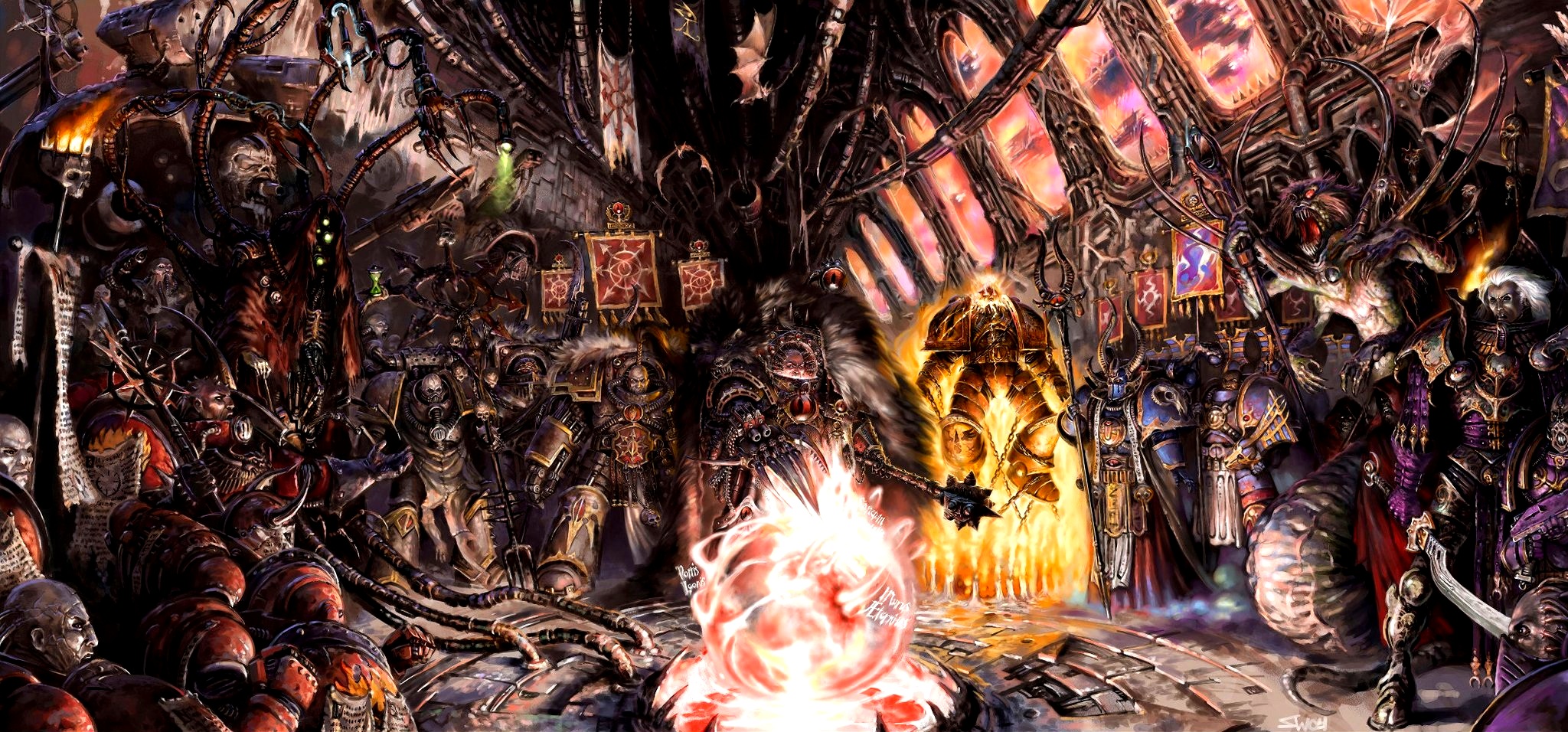






















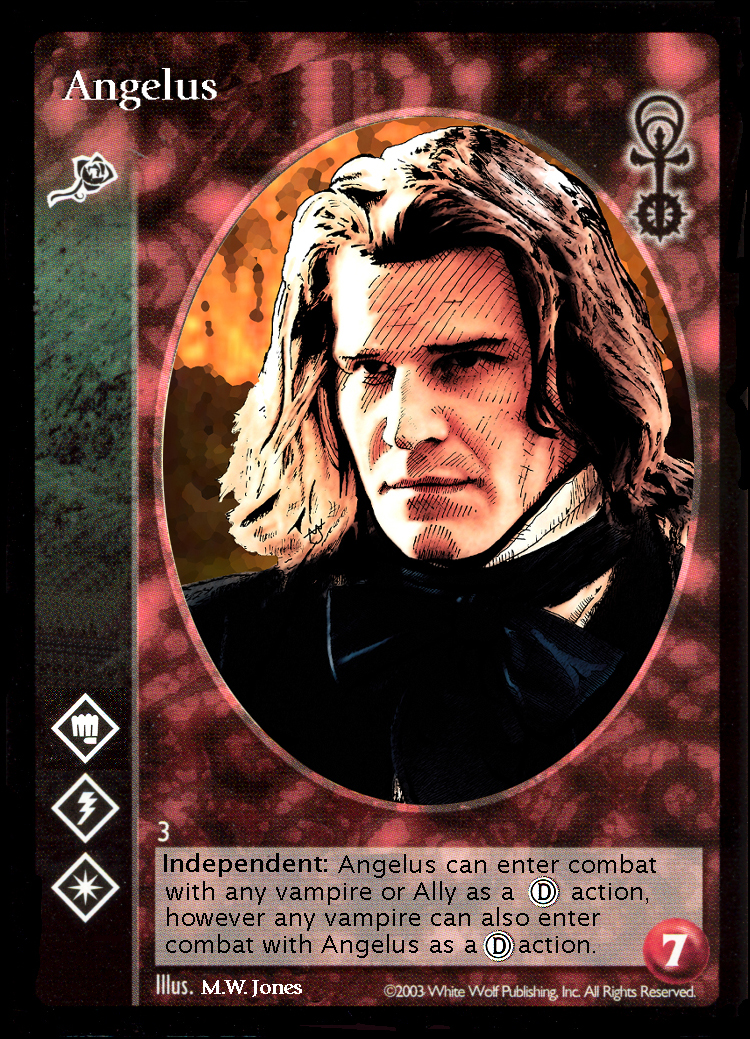
.png)
